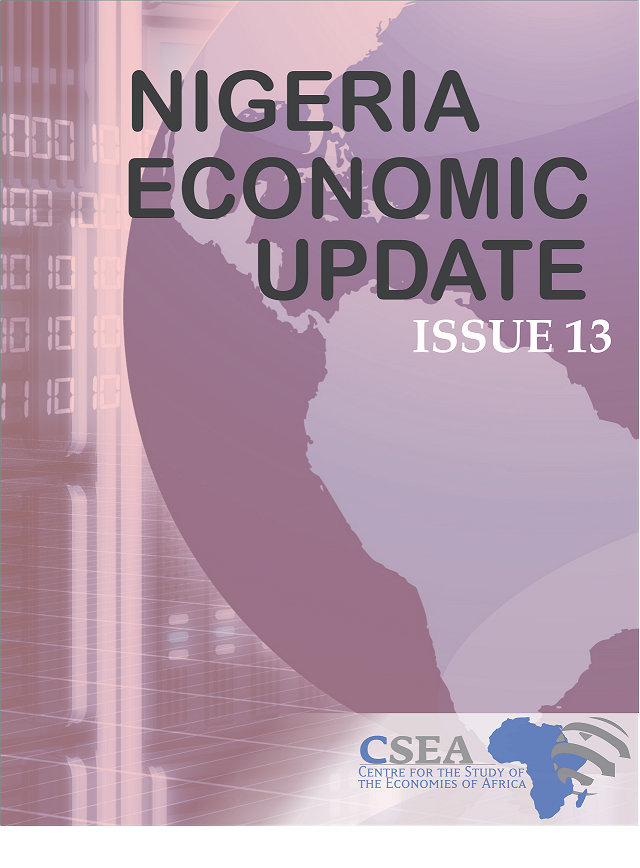Recent media highlights suggests that the Federal Government made a non-oil-based revenue of N1.27 trillion from operating surpluses between 2007 and 20161. The period which covers the years of operation of the Fiscal Responsibility Act, shows a list of agencies and government organizations that paid the operating surpluses (revenues above approved budgetary expenditure at the end of each year) to the federal government. Notably, the annual remittances shows year-on-year increases. This is likely attributable to the improved monitoring and intervention activities of the Fiscal Responsibility Committee over the years. There is greater scope for operating surpluses from public corporations with intensified efforts at monitoring the implementation of the template for calculating operating surplus liabilities across scheduled corporations.
Macroeconomic Report & Economic Updates

March 9, 2018
Nigeria Economic Update (Issue 13)
Recent media highlights suggests that the Federal Government made a non-oil-based revenue of N1.27 trillion from operating surpluses between 2007 and 20161. The period which covers the years of operation of the Fiscal Responsibility Act, shows a list of agencies and government organizations that paid the operating surpluses (revenues above approved budgetary expenditure at the […]
Read →
Related
Public Debt In A Growing Economy And Implications For The Nigerian Case
The
paper analyses the impact of public debt on an economy using Nigeria as case
study and identifies steady states in the model of a closed economy.
